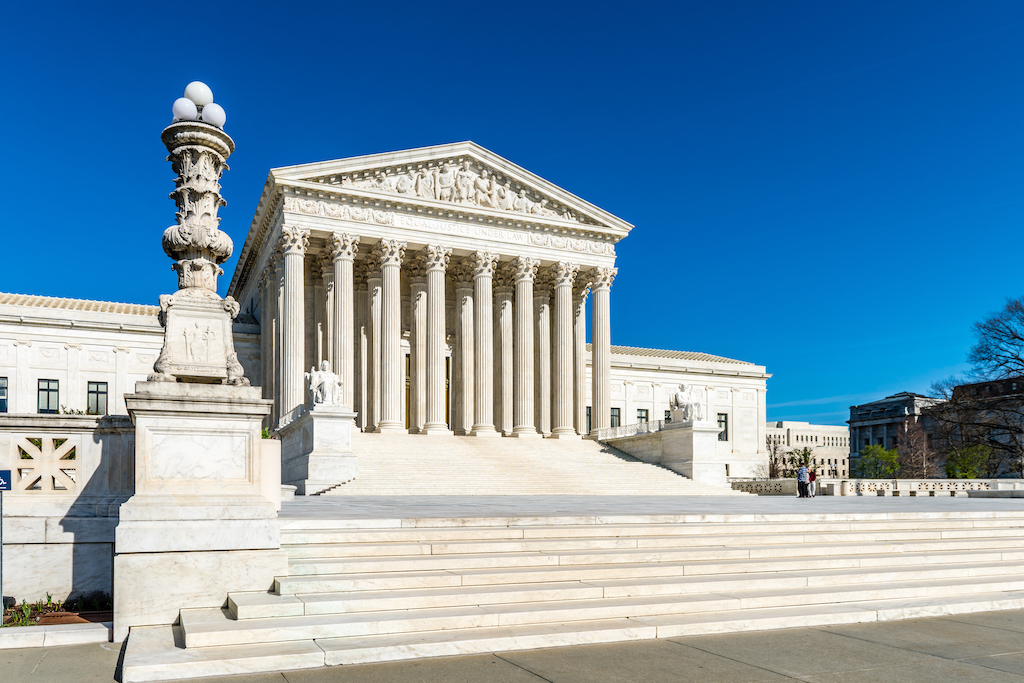The United States Supreme Court has played a pivotal role in shaping American jurisprudence throughout its rich history. Its landmark decisions have not only interpreted the Constitution but have also shaped civil rights, individual liberties, and the balance of power between the federal and state governments.

These are some of the most crucial landmark cases in the history of the Supreme Court:
Marbury v. Madison (1803)
This is widely regarded as one of the most significant cases in American legal history. Chief Justice John Marshall’s opinion established the principle of judicial review, affirming the Court’s power to declare acts of Congress unconstitutional. This decision solidified the Court’s role as the ultimate arbiter of the Constitution and established the framework for the modern system of checks and balances.
Brown v. Board of Education (1954)
The unanimous decision in Brown v. Board of Education marked a major turning point in the civil rights movement. The Court declared that state-sanctioned segregation in public schools violated the Fourteenth Amendment’s guarantee of equal protection under the law. By striking down the “separate but equal” doctrine established in Plessy v. Ferguson (1896), the Court’s ruling paved the way for desegregation and the eventual dismantling of racial segregation across various domains in the United States.
Roe v. Wade (1973)
Roe v. Wade remains one of the most controversial decisions in Supreme Court history. The Court recognized a constitutional right to privacy and held that a woman has a constitutional right to choose to have an abortion. This ruling has had a profound impact on reproductive rights and has been the subject of ongoing legal, political, and social debates ever since.
Miranda v Arizona (1966)
The landmark decision in Miranda v. Arizona established the famous Miranda rights. The Court held that individuals in police custody must be informed of their Fifth Amendment rights, including the right to remain silent and the right to an attorney. This ruling has become an essential safeguard in protecting the rights of the accused and ensuring fair treatment within the criminal justice system.
United States v. Nixon (1974)
United States v. Nixon tested the limits of executive power. The Court unanimously held that even the President is not above the law and must comply with a subpoena for evidence. This ruling was a critical moment in maintaining the principle of separation of powers and safeguarding the rule of law in the United States.
Obergefell v. Hodges (2015)
In a landmark decision, the Court ruled that the fundamental right to marry is guaranteed to same-sex couples under the Fourteenth Amendment. Obergefell v. Hodges legalized same-sex marriage nationwide, marking a significant victory for LGBTQ+ rights and equality under the law.


















